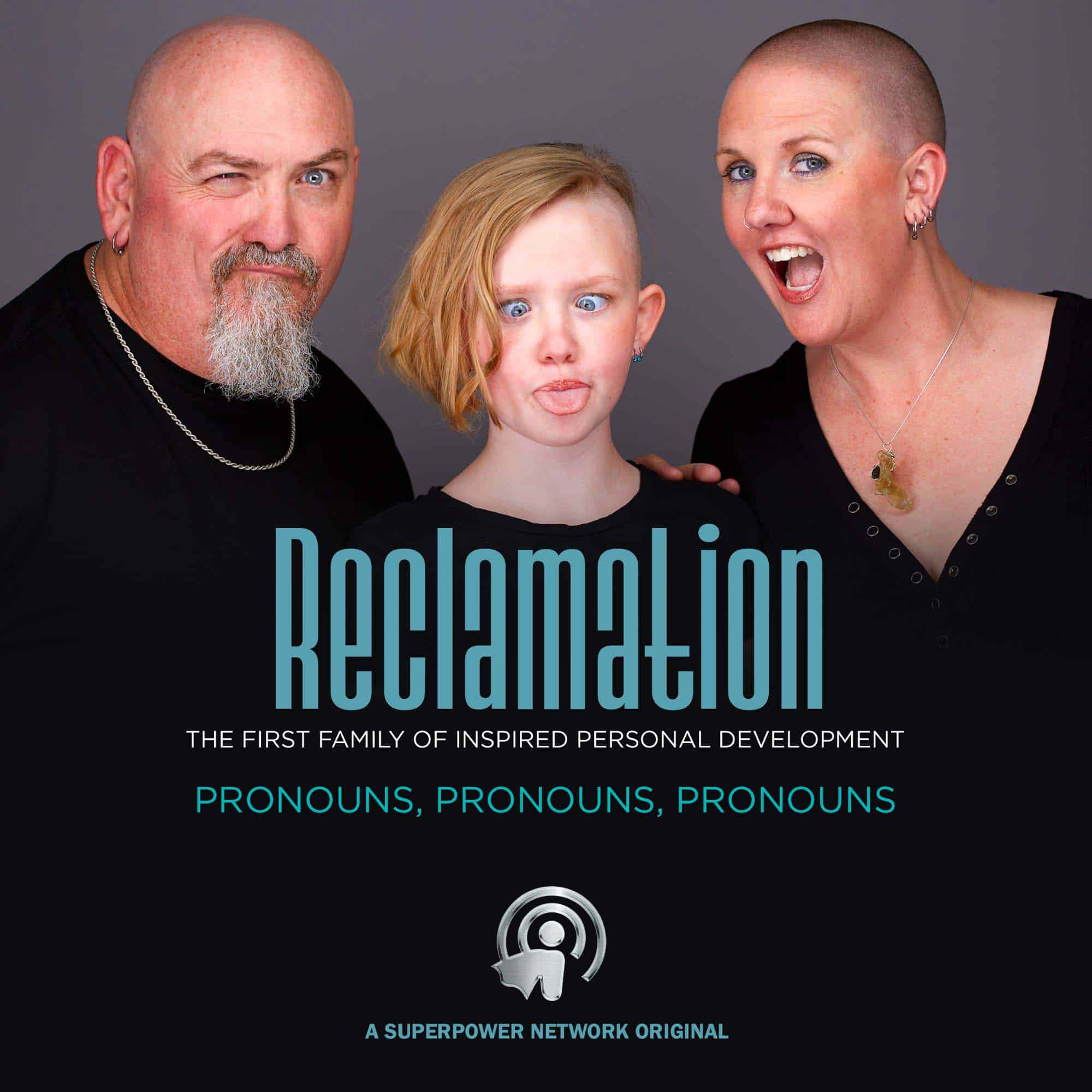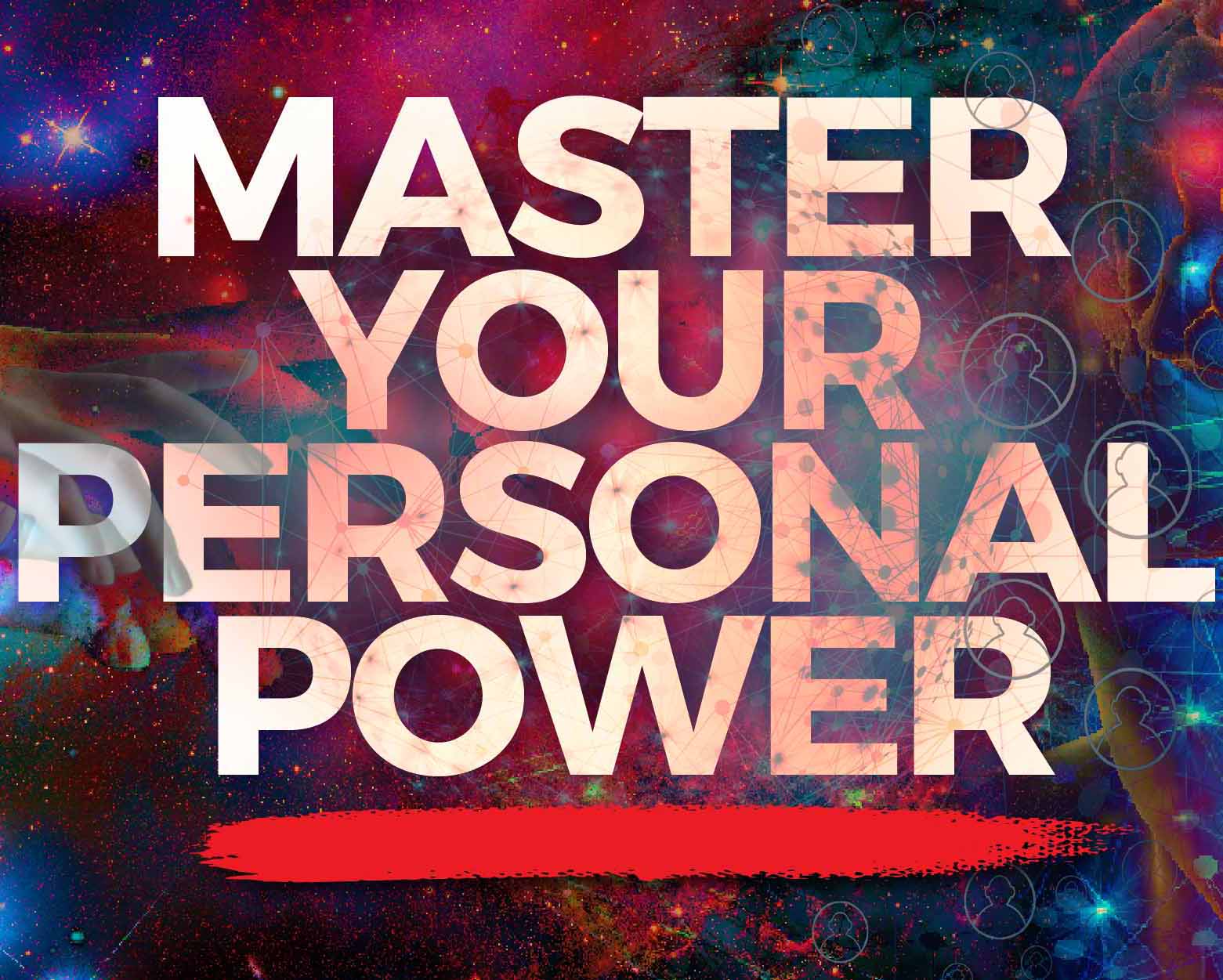
Pronouns, Pronouns, Pronouns
Pronouns, Pronouns, Pronouns! He, she, they, it, and so on, pronouns are in our everyday life. In this Episode of Reclamation, the Reclas, Justin, Tonya, and Neva, are talking all about this big and abstract topic of identity, which is how we refer to one another, and ourselves. Pronouns don’t have to be scary, and the three talk about the shifts happening in modern society, so we can work toward harmony with each other in regard to topics, such as pronouns that we might not always agree upon. You don’t what to miss this episode all about pronouns, pronouns, pronouns!
Justin Recla:
Welcome back to Reclamation. I don’t know about you all, but if you’re paying attention to the news, perhaps it is even going on in your household, very likely. At some level, it’s probably going on in your household, you’re experiencing that in some way. You’re probably not knowing what to do with it. Or you don’t know necessarily what it means or how to manage it or what it means for this or that.
What am I talking about here, I’m talking about Pronouns, Pronouns, Pronouns. If you want to put it on a political level, it’s divisive. At best, if you want to look at it at a relationship level, it’s something completely different. I dare to say that the divisiveness in the pronoun conversation comes from the fact that we have been desensitized to relationships, that it’s so much easier to just go up yours, not doing it not paying attention, I don’t care because if it doesn’t fit into my construct, it’s not worth investing. It’s destroying families. It’s causing political separation, and it’s ugly.
So today, we’re gonna be shedding light on the pronoun conversation, because it’s been very active in our world, we are social scientists, this is something that we examine something we study, it’s something that we talk about in our house, because, well, honestly, it’s something that we help people with, in their own existence on how to navigate the world. As we continue to learn how to navigate ours. I’m just gonna start this off, I’m gonna throw it to the two of you as this whole pronoun conversation came on, I was a little bit resistant as well. But I could. I was paying attention to it, the friction that it caused in me, then I stopped and so why am I feeling this way? What do I care? I’m not in a relationship with those people, or anybody, they call themselves whatever they want, what do I care, but then I started examining that you add a further level, and realize that it’s much deeper than that. It is a relationship thing.
Neva, I know, you identify as they right? That’s something that you’ve asked your friends and our family to honor. It was in that space because I felt that piece of me wanting to resist calling you they were referring to you as they would. I’ve always referred to you as she. I had to wrap my mind around that because, at the end of the day, you’re my daughter, I don’t care, if you want me to call you a purple dinosaur, I will call you a purple dinosaur, because my relationship with you is what matters the most. If that’s how you want to show up in the world, I’m going to build that relationship with you. Because it doesn’t change you it doesn’t change the nature of our relationship. I’m happy to do that to honor our relationship. So you can go out, explore and figure out who you want to be. I think that’s really what’s at the heart of this. Tonya, what do you see in this? Because I want to save this one for after the break. What do you see? And what is the route that we’re looking at right now?
Tonya Dawn Recla:
Well, actually it does affect relationships, and that’s where the resistance comes in because we don’t have a relationship with a purple dinosaur, we have a relationship with Neva because that was the name that we provided. As parents, it does tug on those strings. I think that we’ve discovered really what’s at the heart and at the heart of it is this relationship thing, even with the pronouns, what we noticed, was moving from the today. There are no roots under that day. It doesn’t have a feeling to it. He was not in that word for us at all. So it was it. What it did in our systems energetically, emotionally, and cellularly was really kind of bizarre. It’s like it’s just a word. However, it’s the word that represents the relationship that we’ve been cultivating, since Neva became a thought in our existence. That’s tough. That’s a tough one. Because in our hearts, of course, we want to create spaces where everybody can express themselves fully and be free to change that up. We are all about the freedom to discover ourselves. Yet the relationship has an impact on relationships. And so this isn’t a simple conversation as we’re going to discover, I’m sure as the episode continues.
Justin Recla:
This is good stuff. And folks, our desire with this conversation is to give you some insights for yourself to recognize that you’re not alone in this. These are all the things that are going on in our minds as human beings as we explore these new frontiers, what relationship looks like as the next generation comes on and goes, you know, what, the way you guys were doing, it doesn’t work. This is where we’re going? How do we go there together to give you some insights to some clarity as to recognize that this is not as big of a deal as it is being made out to be? It shouldn’t be the weapon that it is. Hopefully, you’ll glean that from the conversations that we have here today.
One of the things that will help you understand these types of conversations at a much deeper level and help you navigate them, with grace with your loved ones and with those that you have relationships with is the CEFA process. CEFA has been something that has allowed me to really focus on what’s important here. It’s the relationship piece, it’s taking into consideration that pronouns are part of the relationship container, the next generation is being asked what renegotiating with that looks like and CEFA will help you see that for yourself. Understand that it’s not a threat.
Matter of fact, it’s an invitation to something much bigger, and it doesn’t mean that your world has to change. But there’s a choice in all of it. And what are you going to choose at the end of the day after getting hung up on a pronoun or focusing on your relationship? What are you going to work towards? So come check out CEFA join us at one of our experiences, or hop on a CEFA possession if you’re needing assistance right now. Either way, come play with us inside the CEFA over at superpowerexperts.com, click on the CEFA tab. You can learn all you need there.
For the best listening experience, download the Superpower Network App
Podcast: Play in new window


